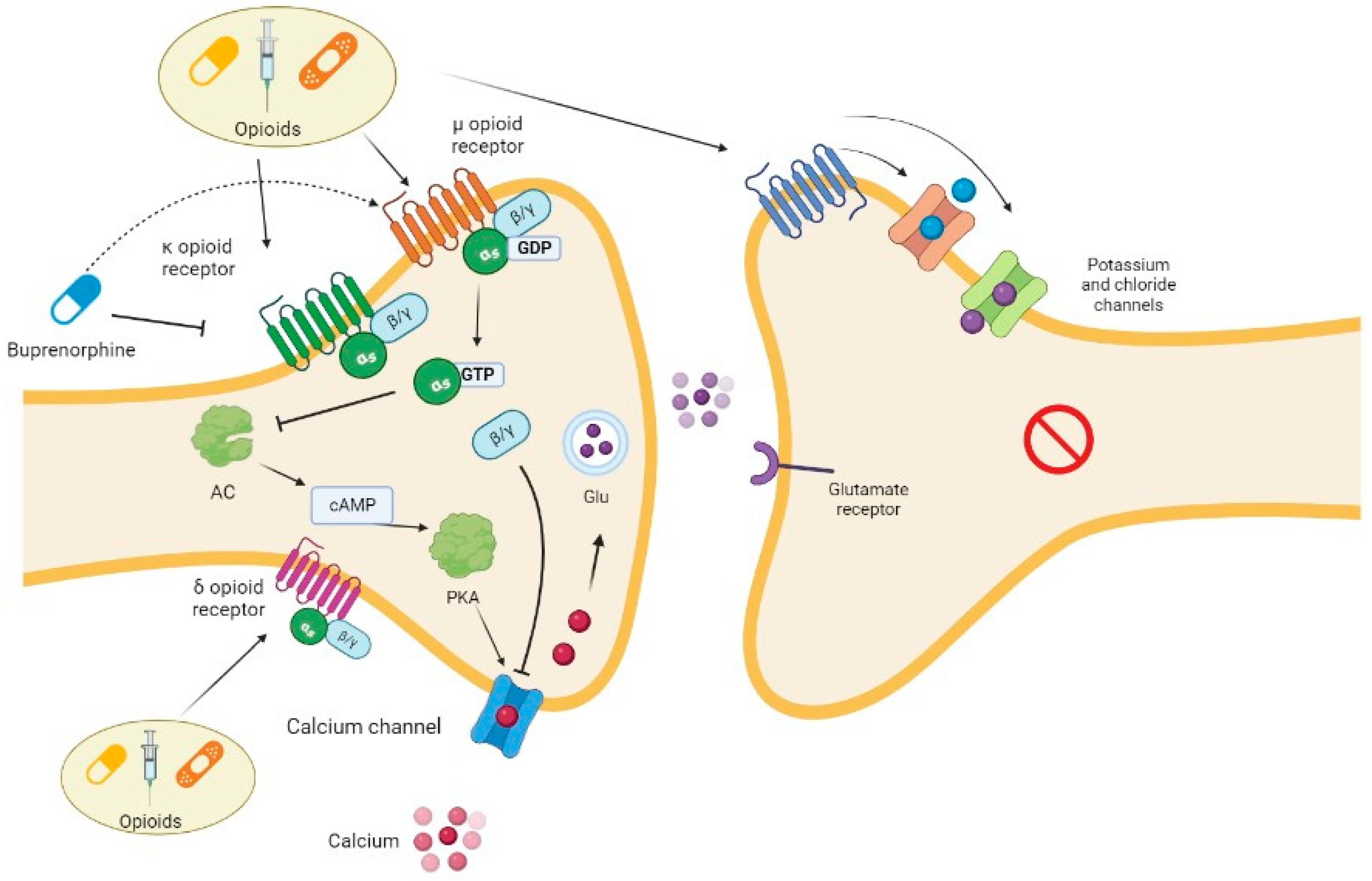Chronic pain is a persistent and debilitating condition that affects millions of people worldwide. Managing chronic pain often requires a multidimensional approach that may include lifestyle modifications, physical therapy, and medications. Dihydrocodeine 30, a potent opioid analgesic, is one such medication that can play a crucial role in the management of chronic pain. In this article, we’ll explore what Dihydrocodeine 30 is, how it works, its benefits, and important considerations for its use.
Understanding Dihydrocodeine 30:
Dihydrocodeine is a semi-synthetic opioid analgesic that belongs to the class of drugs known as narcotic analgesics. It is derived from codeine and is known for its pain-relieving properties. Dihydrocodeine 30, as the name suggests, contains 30 milligrams of dihydrocodeine per tablet and is commonly prescribed for moderate to severe chronic pain.
How Dihydrocodeine 30 Works:
Dihydrocodeine 30 works by binding to opioid receptors in the brain and spinal cord, which are part of the body’s natural pain management system. By activating these receptors, Dihydrocodeine 30 can reduce the perception of pain and provide relief to individuals suffering from chronic pain conditions.

Benefits of Dihydrocodeine 30 in Managing Chronic Pain:
- Effective Pain Relief: Dihydrocodeine 30 is known for its effectiveness in providing relief from moderate to severe chronic pain. It can significantly improve the quality of life for individuals living with persistent pain conditions.
- Extended Duration of Action: Dihydrocodeine 30 has a longer duration of action compared to some other pain medications, which means that it can provide relief for an extended period, reducing the need for frequent dosing.
- Improved Functionality: By alleviating pain, Dihydrocodeine 30 can enhance a person’s ability to perform daily activities, improving functionality and overall well-being.
- Reduced Suffering: Chronic pain can take a toll on mental health, leading to anxiety and depression. Dihydrocodeine 30’s pain-relieving properties can alleviate emotional suffering associated with chronic pain.
Important Considerations and Precautions:
While Dihydrocodeine 30 can be effective in managing chronic pain, its use comes with important considerations:
- Prescription Only: Dihydrocodeine 30 is a prescription medication, and it should only be taken under the guidance and supervision of a healthcare professional.
- Risk of Dependence: Dihydrocodeine 30 is an opioid, and like other opioids, it carries the risk of dependence and addiction if not used as directed by a healthcare provider.
- Side Effects: Common side effects of Dihydrocodeine 30 may include drowsiness, dizziness, nausea, and constipation. Patients should be aware of these potential side effects and report any unusual symptoms to their healthcare provider.
- Dosage and Titration: The dosage of Dihydrocodeine 30 should be carefully titrated to find the optimal balance between pain relief and minimizing side effects.
- Interactions: Dihydrocodeine 30 may interact with other medications or substances, including alcohol, which can lead to dangerous side effects. Patients should disclose all medications and substances they are using to their healthcare provider.
In conclusion, Dihydrocodeine 30 plays a significant role in the management of chronic pain, providing effective relief for individuals struggling with persistent pain conditions. However, its use should be approached with caution, and patients should be closely monitored by healthcare professionals to ensure safe and appropriate pain management. It is essential for patients to have open and honest communication with their healthcare provider regarding their pain management needs and any concerns they may have about the use of Dihydrocodeine 30.

